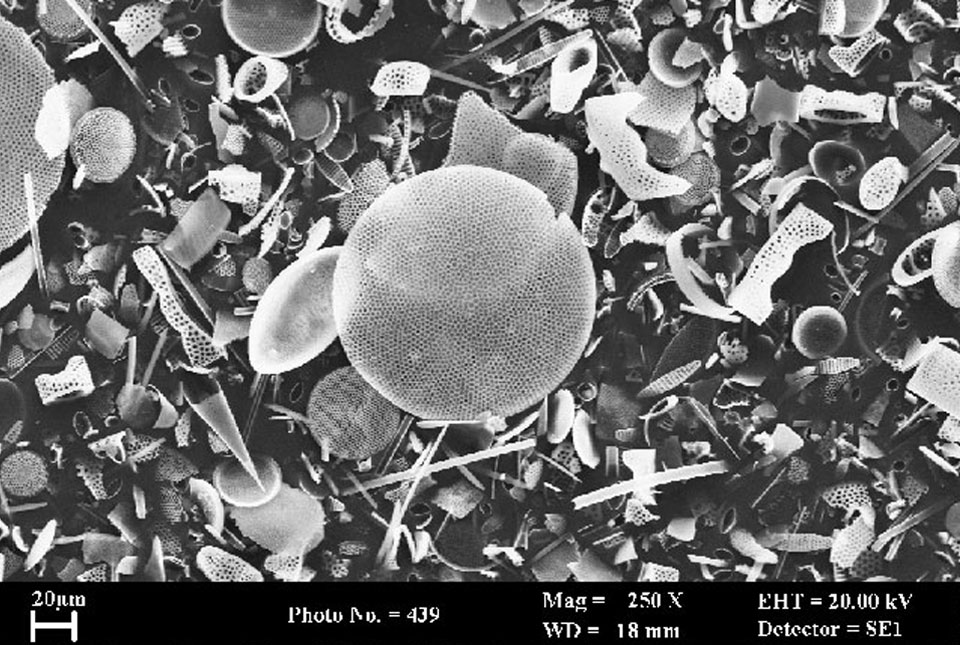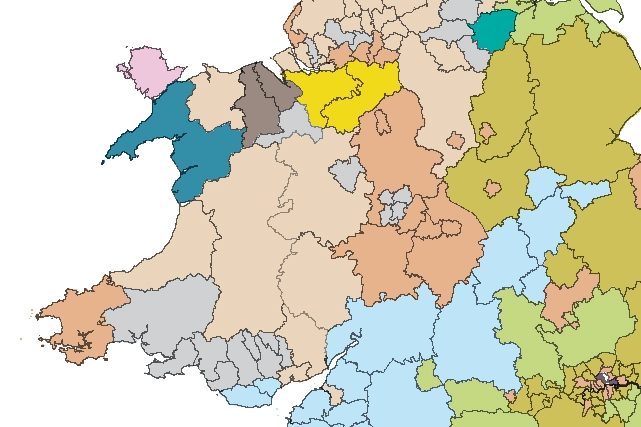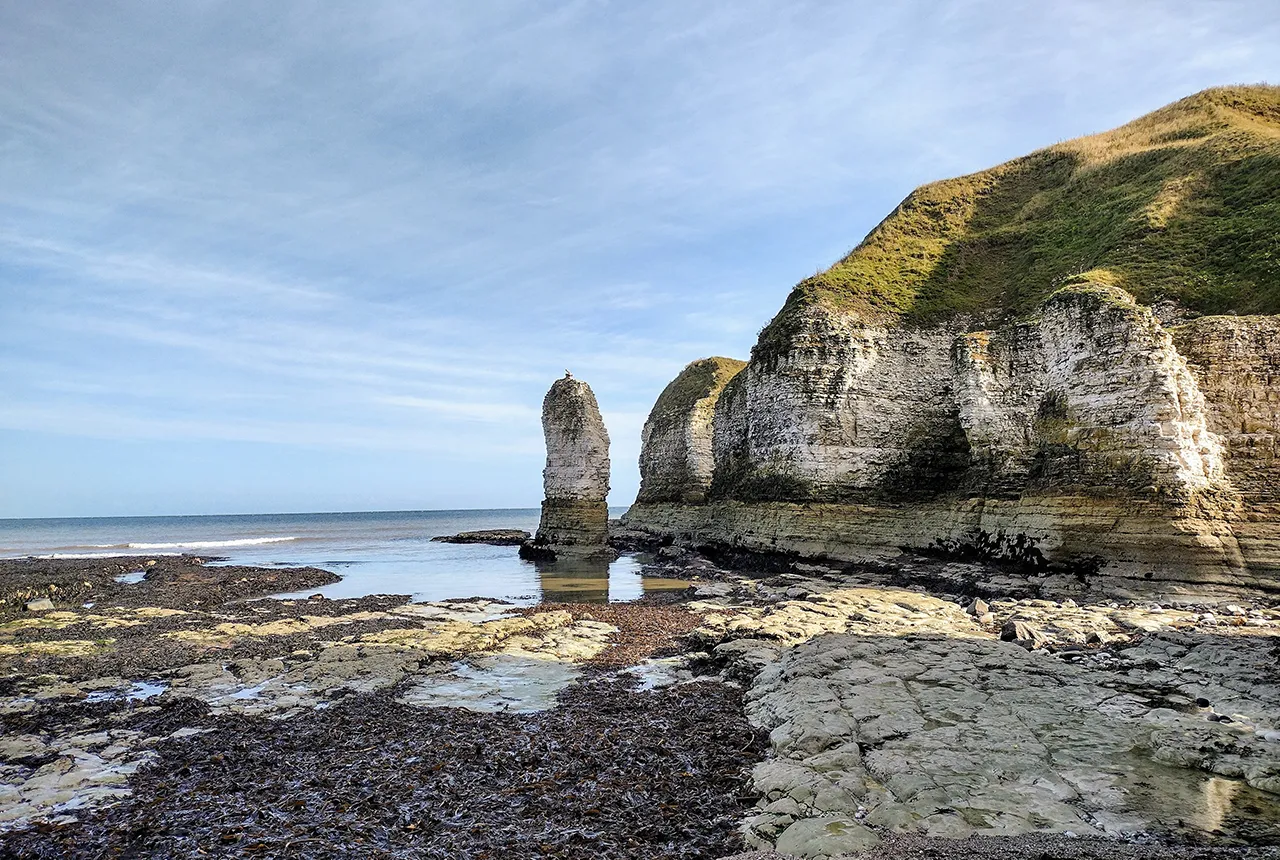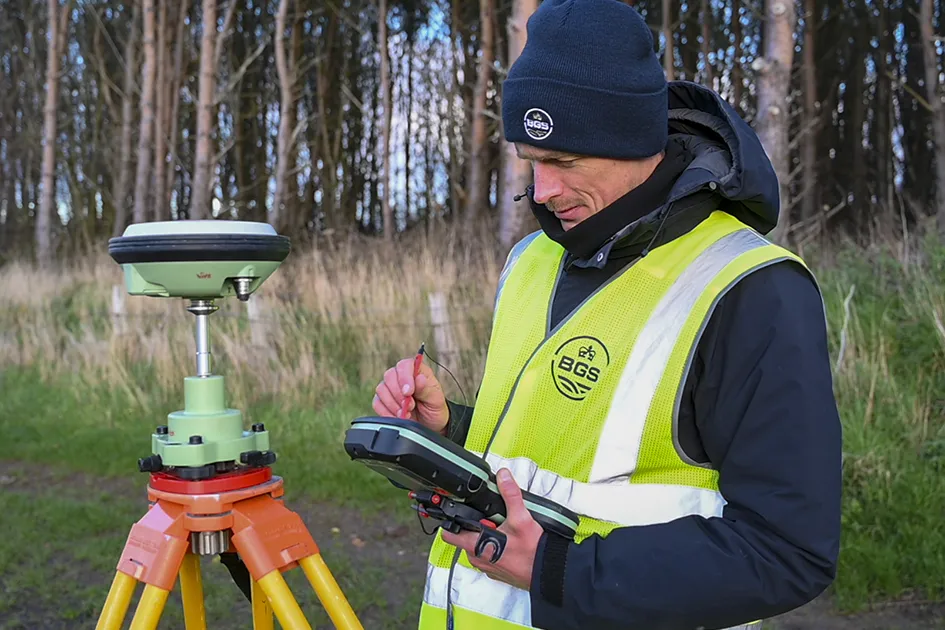BGS receives funding for new system to analyse oxygen isotopes
A major upgrade of BGS's research equipment following investment from NERC will help scientists understand historic changes in climate.
26/09/2022 By BGS Press
Scientists researching ways to tackle air pollution, climate change and other environmental sciences challenges facing the UK will benefit from a major upgrade of research equipment.
The Natural Environment Research Council (NERC) has invested £6.6 million in improving the UK’s national research infrastructure by funding the purchase of ten state-of-the-art pieces of equipment.
BGS has received over £350 000 for a new microfluorination for oxygen isotopes in biogenic silica (MOBiS) system. The new system will analyse sediment samples from a range of settings including the ocean, land and waterways. It will help scientists understand historic changes in climate by analysing the oxygen isotope compositions of biogenic silica, which is one of the most widespread biogenic minerals found in the world.
The equipment can analyse oxygen isotopes in any minerals that contain oxygen. This will enable the equipment to be used by a wider community and in other disciplines, for example the analysis of nuclear materials for isotope forensics applications.
I am extremely excited that we will be able to utilise this innovative system, which will be housed in the laboratories at the BGS headquarters in Keyworth, Nottingham. It will allow us and the UK’s wider research community to take a deep dive into oxygen isotopes in biogenic silica and how changes in these from thousands of years ago can help us understand climate change and shed light on ways to mitigate environmental impact.
Prof Melanie Leng, BGS Chief Scientist for Environmental Change, Adaptation and Resilience.
For more information and enquiries about the MOBiS system, please contact Dr Jack Lacey.
Relative topics
Latest news

Map of BGS BritPits showing the distribution of worked mineral commodities across the country
18/02/2026
BGS’s data scientists have generated a summary map of the most commonly extracted mineral commodities by local authority area, demonstrating the diverse nature of British mineral resources.

Funding awarded to map the stocks and flows of technology metals in everyday electronic devices
12/02/2026
A new BGS project has been awarded Circular Electricals funding from Material Focus to investigate the use of technology metals in everyday electrical items.

New UK/Chile partnership prioritises sustainable practices around critical raw materials
09/02/2026
BGS and Chile’s Servicio Nacional de Geología y Minería have signed a bilateral scientific partnership to support research into critical raw materials and sustainable practices.

Extensive freshened water confirmed beneath the ocean floor off the coast of New England for the first time
09/02/2026
BGS is part of the international team that has discovered the first detailed evidence of long-suspected, hidden, freshwater aquifers.

Funding secured to help mitigate ground risk in UK construction sector
05/02/2026
The BGS Common Ground project has been awarded new funding to help unlock the value of ground investigation data.

Can sandstones under the North Sea unlock the UK’s carbon storage potential?
02/02/2026
For the UK to reach its ambitious target of storing 170 million tonnes of carbon dioxide per year by 2050, it will need to look beyond the current well-studied geographical areas.

Quaternary UK offshore data digitised for the first time
21/01/2026
The offshore wind industry will be boosted by the digitisation of a dataset showing the Quaternary geology at the seabed and the UK’s shallow subsurface.

Suite of ten new soil reference materials released
02/01/2026
BGS has a longstanding track record of producing high-quality reference materials and has released ten new soil reference materials.

Perth and Kinross tops the UK’s earthquake activity charts for 2025
29/12/2025
Seismologists at BGS have published data on the number of seismic events over the past 12 months with over 300 earthquakes recorded.

BGS awarded funding to support Malaysia’s climate resilience plan
17/12/2025
The project, funded by the Foreign, Commonwealth & Development Office, will focus on minimising economic and social impacts from rainfall-induced landslides.

New geological maps of the Yorkshire Wolds to better inform groundwater management and policy decisions
17/12/2025
The new mapping provides crucial data on localised geological issues that may assist in protecting water supplies.

‘Three norths’ set to leave England and not return for hundreds of years
12/12/2025
The historic alignment of true, magnetic, and grid north is set to leave England, three years after they combined in the country for the first time since records began.



